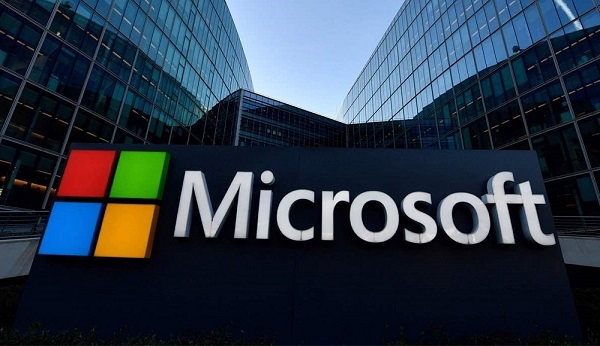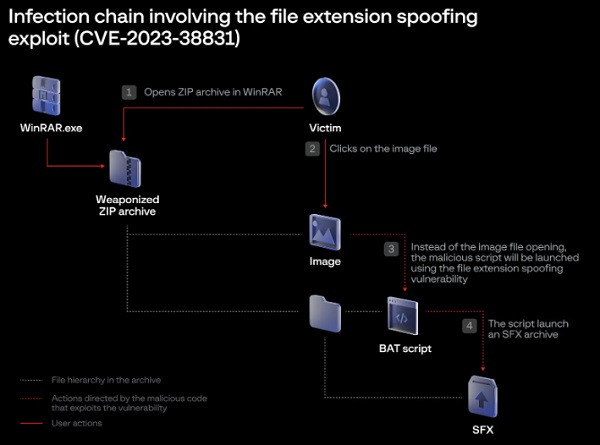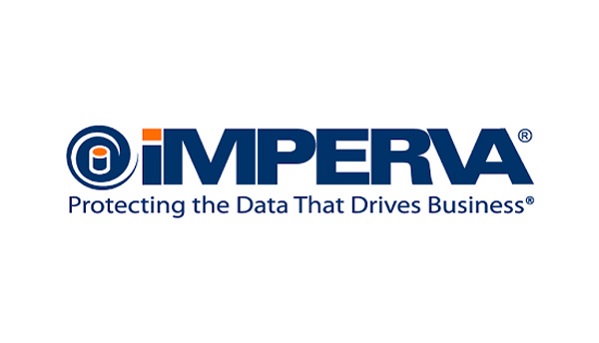Supply Chain Threats Exposed by Azure Pipelines Vulnerability
Software supply chain attacks have become increasingly common and concerning threat to organizations of all sizes. These types of attacks involve the compromise of a third-party software provider or tool used in an organization’s software development process, allowing attackers to insert malicious code into the software build process and potentially compromise the final product.
The recent discovery of a vulnerability in Microsoft’s Azure DevOps platform has raised concerns about the security of software development pipelines. With the increasing dependence on automation in software development, vulnerabilities in these pipelines can have severe consequences.
The recent vulnerability found in Azure DevOps highlights the importance of securing software development pipelines and the need for human oversight in automated processes.
The vulnerability allows cyber attackers to execute remote code and gain complete control of development pipelines. Attackers could potentially launch supply chain attacks, injecting malicious code or artifacts into production without any review or approval.
Cybersecurity company Legit Security discovered the vulnerability and found that popular open-source projects like Scikit-learn could be vulnerable to this attack. Attackers could create an innocent-looking pull request and inject malicious content in the last commit message, potentially exposing sensitive information such as API keys, database passwords, or cloud credentials.

The severity of the vulnerability was high, with a score of 7.5 in the Common Vulnerability Scoring System (CVSS). Though no exploitation of the vulnerability has been detected in the wild, experts have warned that it highlights weaknesses in development environments that could be exploited by threat actors in a similar way to the SolarWinds supply chain attack.
Katie Norton, an analyst at IDC, noted that the vulnerability underscores the lack of human oversight in most continuous integration and delivery pipelines. Automated pipelines can allow malicious code or artifacts to push through to production without any review or approval. Norton urged organizations using Azure DevOps Server to prioritize the patch or put in place compensating controls.
Responding to vulnerability disclosures is a significant challenge for developers, according to a recent IDC survey. Respondents cited the inability to quickly patch critical vulnerabilities as the biggest challenge they face in terms of DevOps tooling gaps and exposure. The complexity of software supply chains presents challenges to fully patching on-premises development infrastructure.
Though no user authentication is required to exploit the Azure Pipelines vulnerability, even if zero trust were applied, improvements wouldn’t necessarily have prevented exploitation. Many automated pipelines are designed to implicitly trust inputs. However, there have been growing calls for adding zero trust to build systems to secure them like the production environment.
In response to the vulnerability, Microsoft issued a security advisory for CVE-2023-21553 and urged users to update to the latest version of Azure Pipelines.
Experts have commended Microsoft and Legit Security for working together to address the complex vulnerability and have praised the industry’s growing collaboration to yield fixes that are helpful for users.
Organizations should be proactive in securing their systems and ensure they are up to date with the latest security patches to mitigate the risks of cyber-attacks.
A comprehensive vulnerability management program that includes monitoring for threats and vulnerabilities, assessing risk, and developing and implementing mitigation strategies is also essential.
See more: Focused vulnerability: SNIProxy has a remote code execution flaw
The industry must continue to collaborate and work together to address these complex vulnerabilities, and organizations must prioritize the patch or put in place compensating controls. The vulnerability in Microsoft’s Azure DevOps platform serves as a reminder of the importance of cybersecurity in software development pipelines.
As software development becomes increasingly automated, the risk of vulnerabilities and potential attacks will only increase. It’s essential for organizations to stay vigilant and take a proactive approach to cybersecurity to mitigate these risks and protect their critical assets.
The vulnerability in Microsoft’s Azure DevOps platform serves as a reminder of the importance of cybersecurity in software development pipelines. As software development becomes increasingly automated, the risk of vulnerabilities and potential attacks will only increase.
See more: Clipboard-Injector Attacks Aim to Swipe Your Crypto Wallets
It’s essential for organizations to stay vigilant and take a proactive approach to cybersecurity to mitigate these risks and protect their critical assets. Organizations must take a proactive approach to supply chain security to minimize the risk of supply chain attacks and protect the integrity of their software products.
Author: Manjushree Gavitre
We hope you found article interesting. For more exclusive content follow us on Facebook, Twitter and LinkedIn






